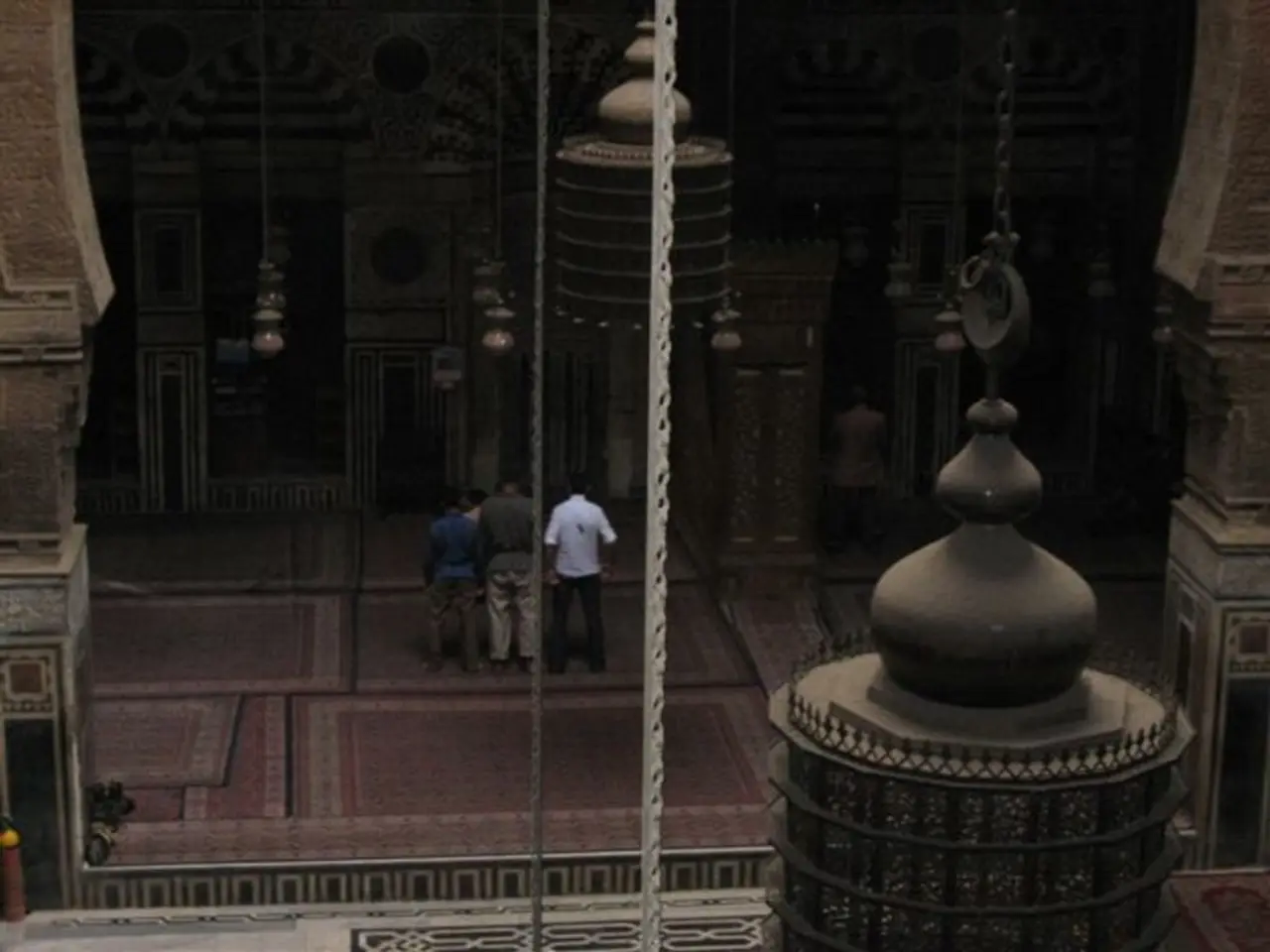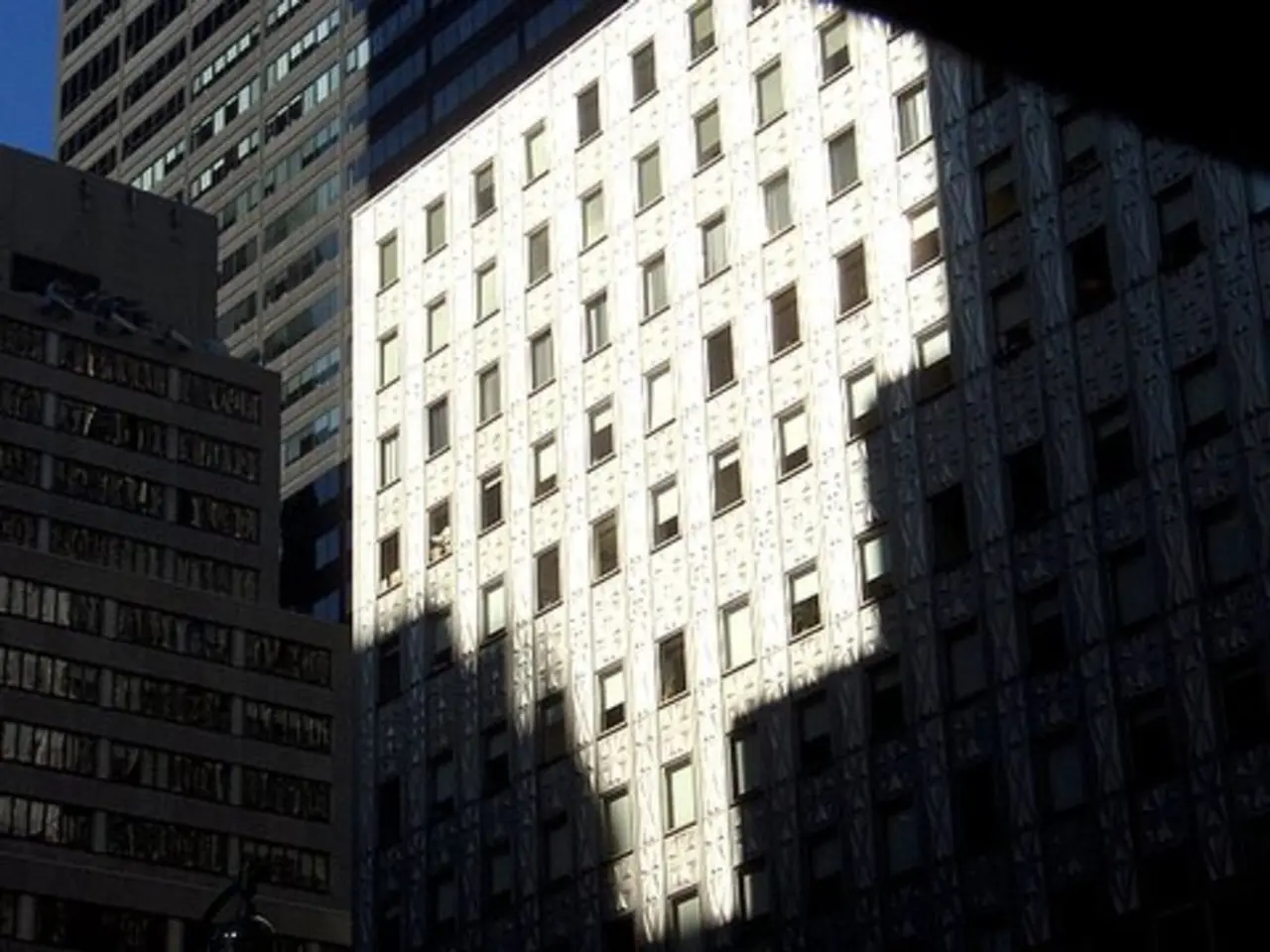Landowner with Catholic affiliation residing in Munich, Germany.
The Catholic Church may be known for its charitable work, helping the elderly, sick, poor, and those struggling in life. Yet, it's not a secret that the Church can be the source of its own troubles too, as demonstrated in the many controversial scandals.
In Munich, the questionable business practices of the Church as a property owner and landlord have caused quite a stir. A prime example is the Nußbaumstraße case, where a protected 125-year-old Art Nouveau building in the heart of the city is in need of renovation.
You might think that the Archbishopric of Munich and Freising, being a massive property owner, would handle its long-term tenants with care. However, this seems far from the truth.
With over 130,000 apartments across Germany and 7,500 in the Archdiocese of Munich and Freising, the Catholic Church is indeed one of the largest real estate corporations in Germany. Their mission, as stated on the Catholic Settlement and Housing Association (KSW) website, is to provide sustainable living spaces. But when it comes to dealing with tenants in Munich, things don't appear quite so charitable.
The Munich Tenants' Association has expressed frustration with the Archdiocese, stating that the Catholic Church often shows little consideration for its tenants. In the Nußbaumstraße case, a 58-year-old economist is being evicted from the apartment his parents rented in 1925, where he has lived his entire life. A 90-year-old retired priest is being asked to sign a declaration of tolerance without any explanation of why it benefits his own apartment.
Artist Ingrid Pohlmann, who has lived in the building for 56 years, faces eviction due to a lawsuit filed by the Archbishop's Financial Chamber, with no explanation given as to why she cannot return after the renovation. Despite offering 11 church-owned replacement apartments, the options proposed are not comparable to her current living situation, with smaller, more expensive, and traffic-heavy locations.
The Church insists that these evictions are necessary for renovations to create additional living space in Munich, but they've been criticized for neglecting maintenance for decades, even though the house is under monument protection. Adding to the controversy, there have been consistent reports of unsafe living conditions, including brownish rust water from the pipes, faulty power lines, and a defective heating system barely reaching the minimum required temperature.
In the face of increasing criticism, the Church has been vague about their reasoning for the house's dilapidated state and eviction proceedings. This leaves tenants like Ingrid Pohlmann with no choice but to fight the eviction lawsuit and face potential physical and mental health consequences.
In the era of declining church tax revenues and a focus on investing funds into people rather than buildings, this crisis management in the Nußbaumstraße case stands out as hard to understand, especially given the church's stated commitment to affordable housing for socially disadvantaged households in Munich.
The Munich District Court has scheduled a decision for July 25th, and many look forward to finding out whether justice will be served for tenants like Ingrid Pohlmann. In the meantime, the Catholic Church's handling of its property management in Munich continues to raise questions about its commitment to charitable priorities.
- Despite the Catholic Church's mission to provide sustainable living spaces, tenants in Munich have expressed frustration with the Archdiocese, alleging a lack of consideration towards them.
- The Church's financial chamber is involved in lawsuits, such as the one against artist Ingrid Pohlmann, raising questions about the Church's commitment to responsible real-estate investing and its charitable priorities.








